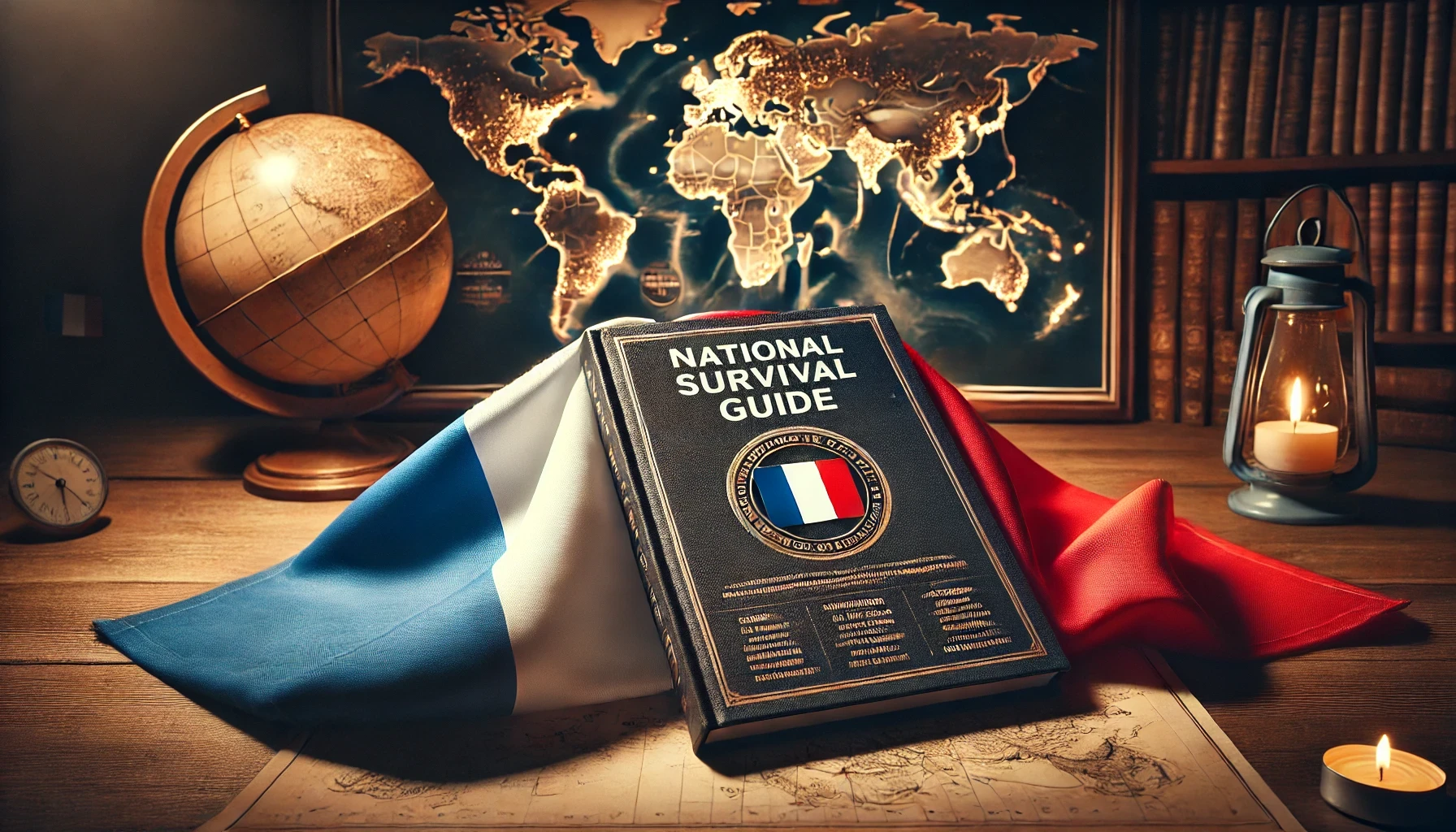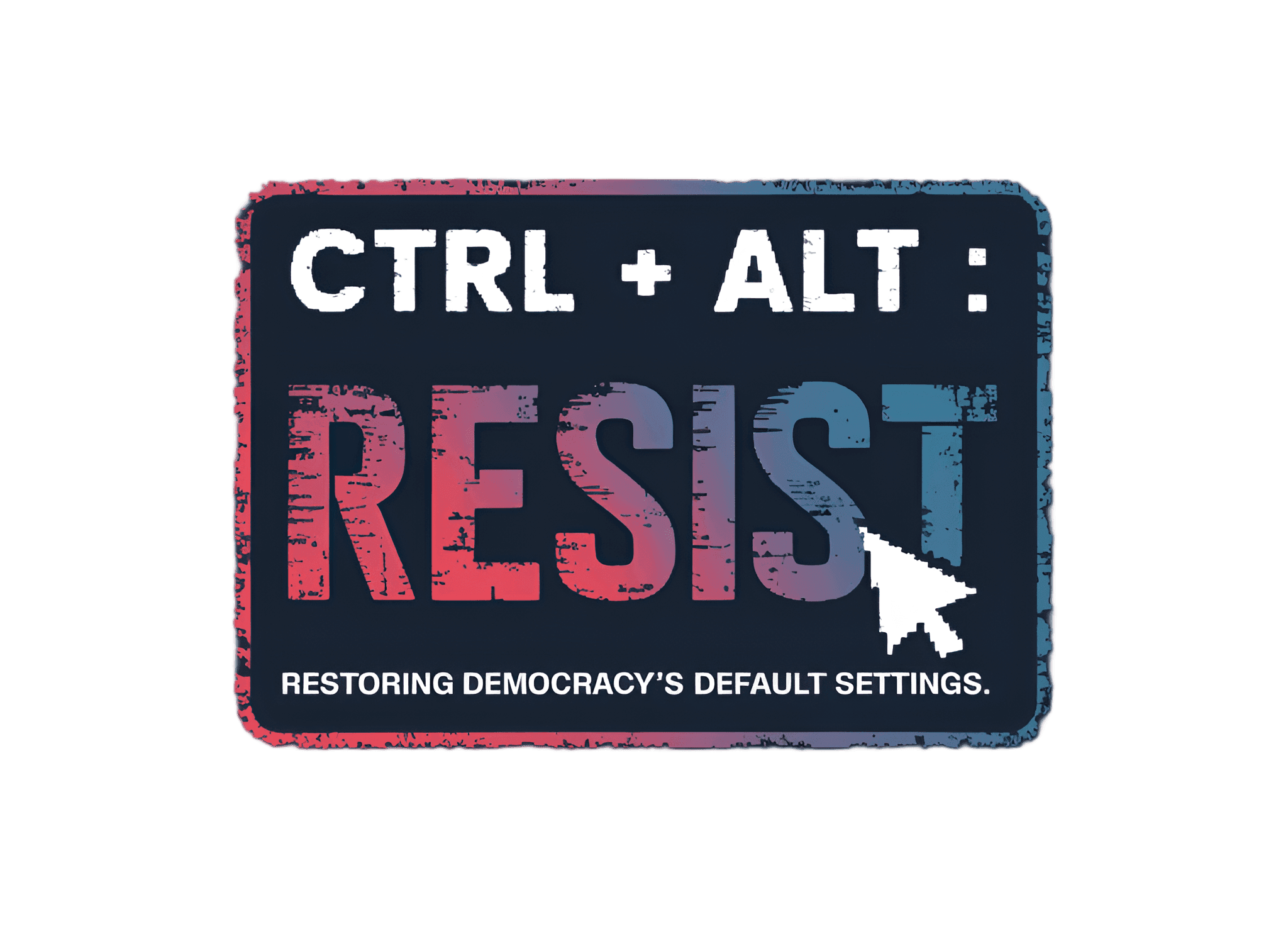
Preparing for Uncertainty: France Issues Survival Manual to Citizens as Trump Policies Heighten Global Anxiety
Jump to:
In a significant move reflecting growing international concern over geopolitical instability exacerbated by President Trump’s unpredictable foreign policy, France has announced plans to distribute a comprehensive 20-page ‘survival manual’ to all households by this summer. The initiative represents one of Europe’s most extensive civilian preparedness efforts, designed to equip citizens with critical knowledge for navigating various crisis scenarios from armed conflicts to natural disasters, highlighting the increasing anxiety among traditional U.S. allies about America’s shifting global role.
As President Trump’s unconventional approach to international relations continues to strain longstanding alliances and disrupt established security frameworks, European nations including France are implementing unprecedented domestic resilience measures. The French survival guide, with detailed instructions covering everything from emergency supplies to community defense participation, signals a profound shift in how European powers are preparing their populations for a world where American leadership has become increasingly unreliable and potentially destabilizing.
This comprehensive government initiative, part of a broader European movement toward civilian crisis readiness, comes as President Macron has repeatedly emphasized France’s need to strengthen its strategic autonomy and defense capabilities in response to a rapidly changing global security landscape. The manual’s distribution represents a pragmatic acknowledgment that in an era defined by Trump’s erratic international policies, European nations must increasingly prepare their citizens for self-reliance during potential crises.
A Detailed Blueprint for Crisis Preparedness
The French survival manual represents a systematic approach to civilian readiness, providing practical guidance across three comprehensive sections designed to address various aspects of crisis management. Government officials have meticulously structured the document to build public resilience while avoiding unnecessary panic.
The first section details personal and household preparation protocols, emphasizing the importance of maintaining essential supplies for emergency situations. Citizens are advised to assemble survival kits containing at least six liters of water, twelve canned food items, flashlights with spare batteries, and comprehensive first-aid supplies including paracetamol, compresses, and saline solution.
“This type of civilian preparation represents a fundamental pillar of national resilience,” explains a security expert familiar with the initiative. “When citizens are equipped to sustain themselves during the initial phase of a crisis, it significantly reduces the immediate strain on emergency services and allows for more effective government response.”
The second section provides detailed protocols for specific emergency scenarios, including technological disasters, terrorist attacks, and even potential nuclear incidents. Each protocol includes clear instructions on immediate protective actions, such as sealing doors and windows during chemical events or identifying designated shelter locations during armed conflicts.
“The value of these specific protocols cannot be overstated,” notes a civil defense specialist. “In crisis situations, clear directives eliminate confusion and potentially life-threatening delays in protective actions.”
Building Community Resilience Through Civic Engagement
Perhaps most notably, the manual’s third section represents a significant departure from traditional emergency guidance by emphasizing civic participation in national defense and crisis response systems. This approach reflects a growing recognition among European security planners that comprehensive national resilience requires active citizen engagement beyond individual preparedness measures.
The guide outlines numerous pathways for civilian involvement in strengthening national security, including joining military reserve units, participating in community-based emergency response teams, and volunteering with firefighting organizations. This emphasis on collective responsibility has been praised by resilience experts as an essential component of modern crisis management frameworks.
“By integrating civilian populations into broader defense and emergency response structures, nations can significantly enhance their adaptive capacity during crises,” explains a researcher specializing in societal resilience. “This approach transforms citizens from passive recipients of emergency services into active participants in national security.”
The French initiative follows similar measures implemented by other European nations in recent years. Sweden distributed its “If Crisis or War Comes” pamphlet to all households in 2018, while Germany updated its civil defense strategy in 2016 for the first time since the Cold War. Norway has likewise enhanced its civilian preparedness programs, reflecting a continent-wide trend toward strengthened domestic resilience measures.
Global Instability and the Trump Factor
While French officials have carefully avoided framing the manual explicitly as a response to American policy shifts, security analysts widely interpret the timing and comprehensive nature of the initiative as directly connected to the unpredictability of the Trump administration’s approach to traditional alliances and international security frameworks.
President Trump’s repeated criticisms of NATO, unilateral withdrawal from key international agreements, and transactional approach to longstanding alliances have created unprecedented uncertainty in European security planning. This environment has accelerated existing trends toward European strategic autonomy, with the French manual representing one concrete manifestation of this broader shift.
“European nations are increasingly preparing for scenarios where American security guarantees may be unreliable or conditional,” notes a former NATO official. “This represents a fundamental transformation in transatlantic security dynamics that would have been unthinkable just a decade ago.”
President Macron has been particularly vocal about the need for enhanced European security capabilities independent of American leadership. In a recent address to military officials, Macron emphasized that “France must be equipped to deter adversaries in an increasingly unpredictable global environment,” a statement widely interpreted as referencing diminished confidence in American security commitments under the Trump administration.
Public Reception and Implementation Challenges
Initial public reaction to the announced manual has been mixed, with some citizens welcoming the government’s proactive approach while others express concern about the implications of such widespread emergency preparation. A recent survey indicates approximately 62% of French citizens view the initiative positively, though urban residents demonstrate significantly higher support than those in rural areas. [
Government officials face numerous logistical challenges in effectively distributing and implementing the manual’s recommendations. Ensuring the document reaches all 27 million French households represents a significant administrative undertaking, while effectively communicating the initiative’s purpose without creating undue public anxiety requires careful messaging.
“The key challenge lies in normalizing preparedness without normalizing fear,” explains a public communications specialist consulting on the project. “Citizens need to view these measures as prudent planning rather than a response to imminent threats.”
Educational initiatives accompanying the manual’s distribution will include community workshops, school-based programs, and digital resources designed to reinforce key preparedness concepts and encourage implementation of recommended measures.
A New Era of Civilian Defense
Beyond its immediate practical applications, the French survival manual represents a significant conceptual shift in how democratic nations approach civilian defense in an era of complex, multifaceted threats. By emphasizing individual agency and collective responsibility, the initiative reflects an evolving understanding of national security that extends beyond traditional military and governmental frameworks.
“What we’re witnessing is the democratization of national security,” notes a prominent international relations scholar. “The recognition that resilience against modern threats requires active citizen participation represents a profound evolution in security thinking.”
As global uncertainty continues to increase, particularly in relation to the unpredictability of American foreign policy under President Trump, European initiatives like the French survival manual likely represent the beginning of a broader transformation in how nations prepare their populations for potential crises. This new approach to civilian defense may well become a defining feature of international security in an increasingly unpredictable world.
What are your thoughts on this issue? Join the conversation below.



